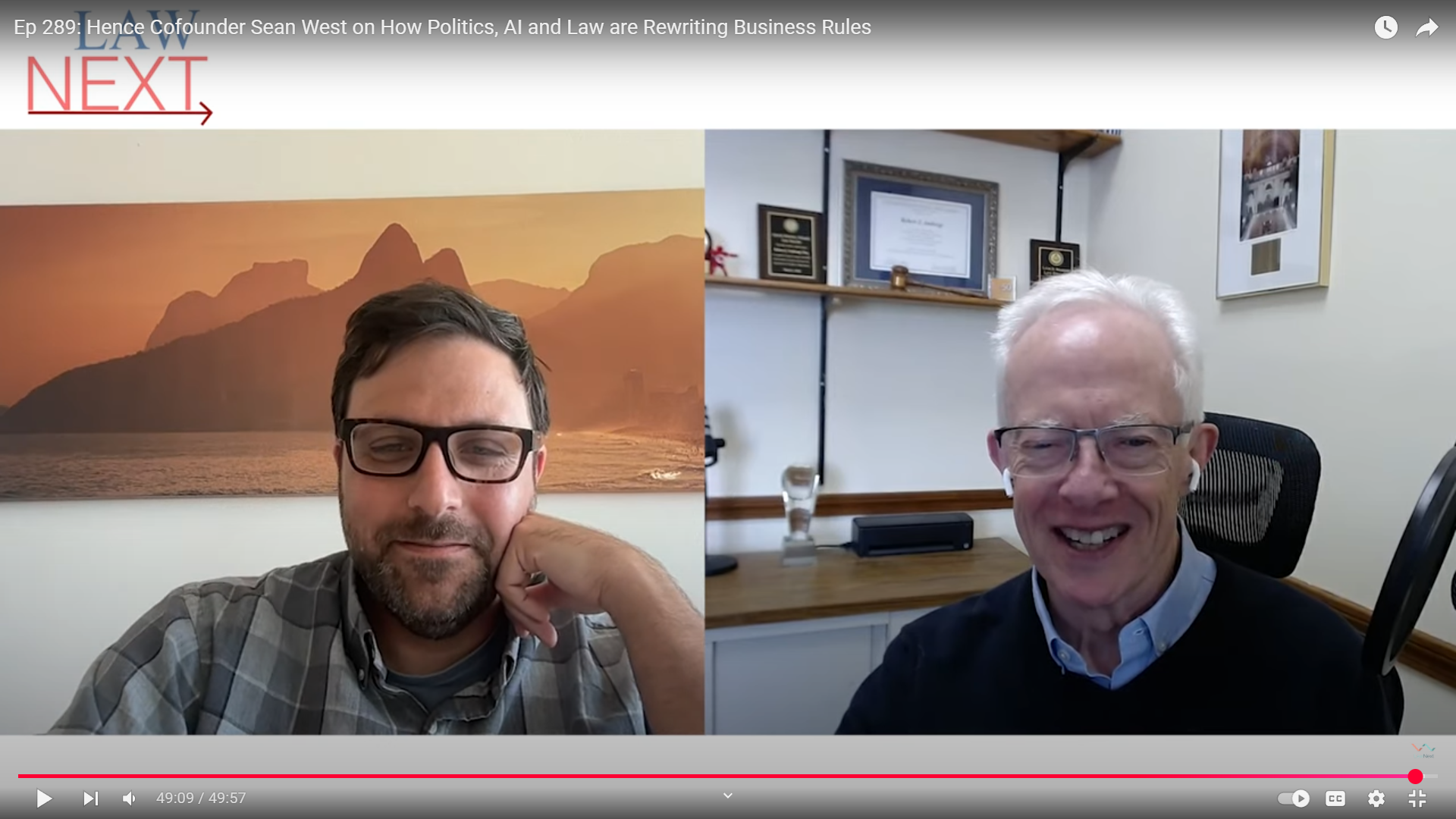Alignment: Self-Care That Reflects Your Values And Goals
Self-care isn’t separate from how you live. It’s embedded in it. The post Alignment: Self-Care That Reflects Your Values And Goals appeared first on Above the Law.


Ed. note: This is the latest installment in a series of posts on motherhood in the legal profession, in partnership with our friends at MothersEsquire. Welcome Sonya L. Sigler back to our pages. Click here if you’d like to donate to MothersEsquire.
As I reflected upon in my last article, for a long time, I thought self-care meant squeezing in activities that made me feel better — like reading, knitting, or the occasional kick-boxing class. And while those activities do matter for my self-care, I eventually realized something deeper: True self-care is about alignment.
It’s about designing a life that actually reflects what matters most to you — not what looks good on paper. Not what others expect, but what you value at your core.
In the first two articles of this series, we explored the importance of noticing your energy — what fuels you and what drains you — and the critical mindshift from external expectations to internal alignment. This next step builds on both. Once you’re aware of your energy and begin changing how you think about self-care, the question becomes: Are your daily choices and commitments truly aligned with what matters most to you?
Without alignment, even the best self-care routines can feel like another thing on the to-do list. With alignment, self-care becomes a natural extension of how you live, work, and move through the world.
Designing An Intentional Life
Changing jobs while navigating a divorce and shared custody of my three boys forced me to rethink everything about how I spent my time. Two fundamental questions guided my next steps:
- How do I want to spend my time?
- How do I like to spend my time?
These simple questions changed everything.
At the time, my boys were 12, 14, and 15, and I realized I didn’t want to miss the last few years before they left the nest. I also knew the business role I had taken, with its hour-long commute each way, would result in a different kind of stress than the general counsel job I had just left. So, I made a conscious decision to design a life I didn’t need a vacation from.
This design included being present for their events — sports games, school performances, everyday moments. I aligned my business travel and volunteer roles with that priority in mind. I wasn’t perfect at it, but it gave me a strong, guiding compass. It still does.
Self-care isn’t separate from how you live. It’s embedded in it.
Aligning Work and Personal Goals
One of the clearest examples of alignment in my life came when I decided to write my first book. Making writing the priority, I said no to everything that wasn’t aligned with my book publishing goal.
If an opportunity or invitation didn’t support the book project — even if it sounded interesting — I said no. That clarity didn’t feel restrictive. It felt liberating. When you know what you’re aiming for, saying no becomes easier. Saying yes becomes more powerful.
The same alignment approach was especially important during my time as an in-house lawyer. When I was leading legal operations for a startup, I realized that endless reactive work — negotiating rush contracts, fielding last-minute sales-team demands — was draining me. So, I deliberately shifted my focus to building scalable systems: a contract management database, clear negotiation guidelines, and training sessions for the business teams.
These strategic projects weren’t just efficient; they aligned with my long-term goal of creating a more sustainable, less reactive legal environment than the reactive one that constantly exhausted me. Every project I said yes to had to either streamline operations, reduce fire drills, or develop team competence. If it didn’t, it was a ‘no’ or a ‘no, not yet.’
It’s good when faced with decisions to remember that every yes is a no to something else. Choose wisely.
How Misalignment Shows Up
It’s easy to tell when you’re out of alignment — you just have to slow down enough to notice:
- Are you saying yes to things you secretly dread?
- Do you feel resentful instead of excited?
- Do you find yourself depleted, even after “good” opportunities?
- Is your calendar full, but your spirit feels empty?
When I find myself getting irritable, stretched too thin, or burned out, I usually discover that I’ve started saying yes to things that sounded interesting but weren’t aligned with my core goals and values.
That’s when it’s time to recalibrate. Sometimes the hardest but most freeing act is letting go of the commitments that no longer fit with what you want.
Assessing Your Alignment
If you’re wondering where to start, try this quick diagnostic exercise: audit one week of your calendar. What does it tell you? Are you spending time on revenue generating activities or admin/busy tasks? How about professional development activities or strategic thinking time?
Is your calendar filled with activities that move you closer to your long-term vision? Or is it packed with reactionary tasks and obligations that don’t support your goals?
How you spend your time signals where your life and career are going. Alignment isn’t just a feeling — it’s a map you can read, if you’re willing to look.
Here’s your micro-action for today, a small but powerful exercise:
For the one week of your calendar that you just audited, color-code each activity into one of these three categories:
- Energizing and/or aligned
- Draining and/or misaligned
- Neutral or necessary
Notice the patterns. Then ask yourself:
- What can I say no to? Or let go of?
- What do I want more of?
- Where am I out of alignment with my bigger goals and values?
You don’t need a complete overhaul overnight. Awareness comes first, then action. Even small shifts can have large impacts.
Closing Thoughts
True self-care is living a life that reflects your priorities, your passions, and your purpose — for work and for life. Alignment makes every other act of self-care easier and more meaningful. It frees up energy you didn’t even realize you were losing.
If your calendar isn’t aligned with your dreams, you have the power to change it — one decision at a time.
When your activities align with your goals, self-care stops being a luxury. It becomes your way of living.
This article is the third in a five-part series on self-care for legal professionals, in recognition of Mental Health Awareness Month. Up next: The Self-Care Most Lawyers Overlook: Your Daily Life.
Sonya L. Sigler is a lawyer, author of 30 Days to Better Self-Care, and wellness advocate who helps busy legal professionals build practical habits that support lasting success—personally and professionally.
The post Alignment: Self-Care That Reflects Your Values And Goals appeared first on Above the Law.





















































































































































